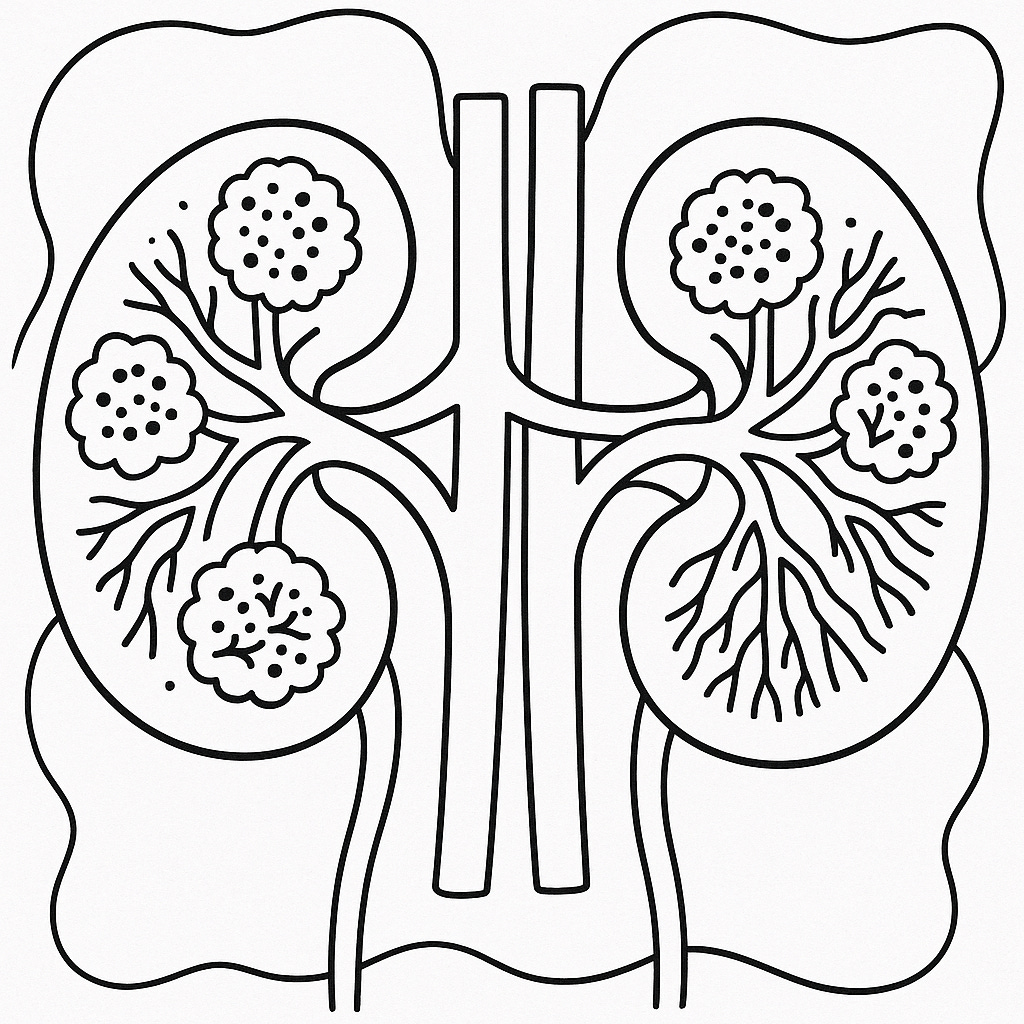Steroid-Free Lupus Nephritis Treatment Gains Ground With New Predictive Insights
A 30-year study from Greece highlights how early remission and continued hydroxychloroquine use may help patients with lupus nephritis safely stop corticosteroids.
Researchers have identified key predictors that may allow patients with lupus nephritis to successfully discontinue steroid therapy potentially reducing long-term organ damage without increasing flare risk.
Study Details
Lupus nephritis, a kidney complication of systemic lupus erythematosus (SLE), often requires prolonged corticosteroid treatment to preve…
Keep reading with a 7-day free trial
Subscribe to Just Healthcare to keep reading this post and get 7 days of free access to the full post archives.


